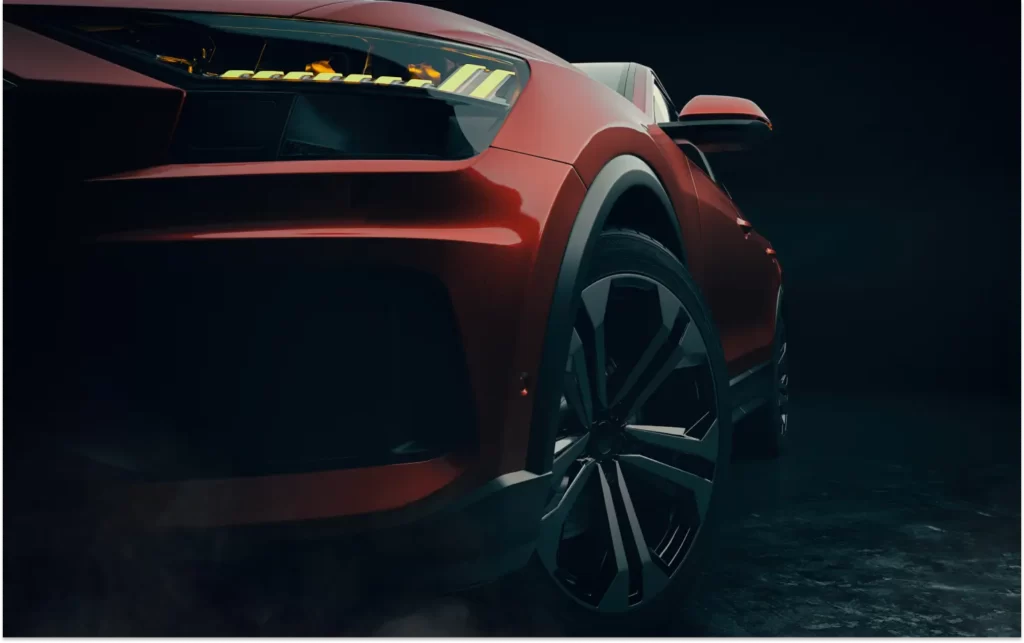The auto recycling industry, once dominated by manual labor and traditional practices, is undergoing a revolutionary transformation thanks to advanced technology. These innovations are improving efficiency, reducing waste, and making auto recycling more sustainable. Let’s explore how modern technology is reshaping this essential sector.

1. Automated Dismantling
Robotics and automated machinery are revolutionizing the dismantling process. These systems can efficiently remove valuable parts like engines, transmissions, and electronics while minimizing damage.
2. Artificial Intelligence (AI) for Inventory Management
AI-powered systems are making it easier to manage inventories of recycled auto parts. By using machine learning algorithms, recyclers can accurately identify parts, assess their value, and predict demand.
3. Improved Recycling Techniques
Advanced shredders and separators are enhancing the recycling process. These machines can extract materials like metals, plastics, and glass with precision, reducing the amount of waste sent to landfills.
4. Eco-Friendly Innovations
Technology is also driving eco-friendly practices in auto recycling. For instance, advanced filtration systems are being used to treat fluids like oil, coolant, and transmission fluid, making them reusable.
5. Digital Marketplaces
Online platforms and apps are making it easier than ever for customers to buy and sell used auto parts. These digital tools enable recyclers to showcase their inventory to a global audience.
6. Telematics and Data Recovery
Modern vehicles often contain telematics and onboard computers that store valuable data. Advanced tools can extract this data during the recycling process, ensuring compliance with data protection regulations.
7. 3D Printing for Replacement Parts
While traditional recycling focuses on salvaging parts, 3D printing is emerging as a complementary technology. Recyclers can now produce rare or discontinued parts on-demand, reducing the need for new manufacturing.
Conclusion
Advanced technology is making the auto recycling industry more efficient, sustainable, and customer-focused. As these innovations continue to evolve, the industry is poised to play a pivotal role in reducing environmental impact while meeting the growing demand for affordable, high-quality auto parts.





